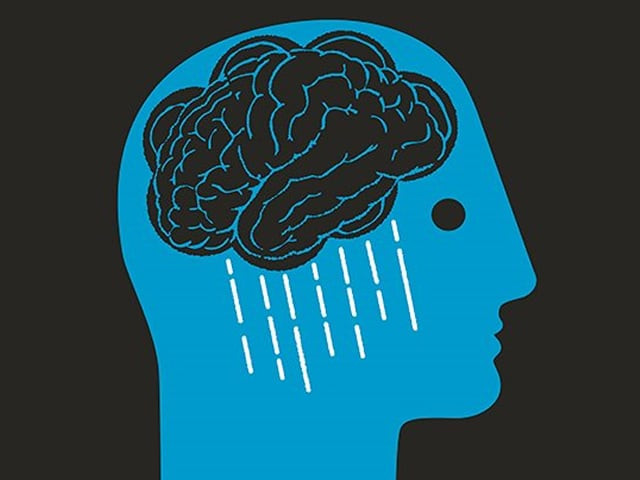World Mental Health Day: Climate change responsible for depression, anxiety
Researchers state that rise in temperatures is linked to irregular sleeping patterns, moods swings

PHOTO: EVERYDAY HEALTH
Self-employment improves mental health: study
Earlier studies showed that the rise in temperatures was linked to irregular sleeping patterns, bad moods and a higher risk of attempting suicide. This led research scientist at Massachusetts Institute of Technology, Nick Obradovich, to study the effects of climate change on issues such as depression, anxiety and stress. He looked at self-reported mental health data for over two million US residents between 2002 and 2012 and compared it to the meteorological records.
 PHOTO: MUSTANG 1017
PHOTO: MUSTANG 1017"Generally what we found was that exposure to hotter temperatures and more precipitation increased the reporting of mental health problems. Months with more than 25 days of rain increased the chances of mental health problems by 2%, while temperatures above 30 degrees Celsius led to a 0.5% increase," added Obradovich.
 PHOTO: MEDICAL NEWS TODAY
PHOTO: MEDICAL NEWS TODAYThe data also reveals that the risk of mental health related issues is more likely to affect people with low incomes and women as compared to men. Over the course of years, every one degree increase in temperature leads to a 2% increase in mental health related issues. Natural disasters can make that number jump to 4%.
Mental health care: Mind matters
But Obradovich believes there's always some kind of uncertainty. He said, "Down the road, we could be more resilient to climate change decades down the road. Imagine a world where everyone has access to incredible, scientifically informed mental-health care. In that world, the effect between hot temperatures and mental-health outcomes might be reduced."
Have something to add to the story? Share in the comments below.



















COMMENTS
Comments are moderated and generally will be posted if they are on-topic and not abusive.
For more information, please see our Comments FAQ